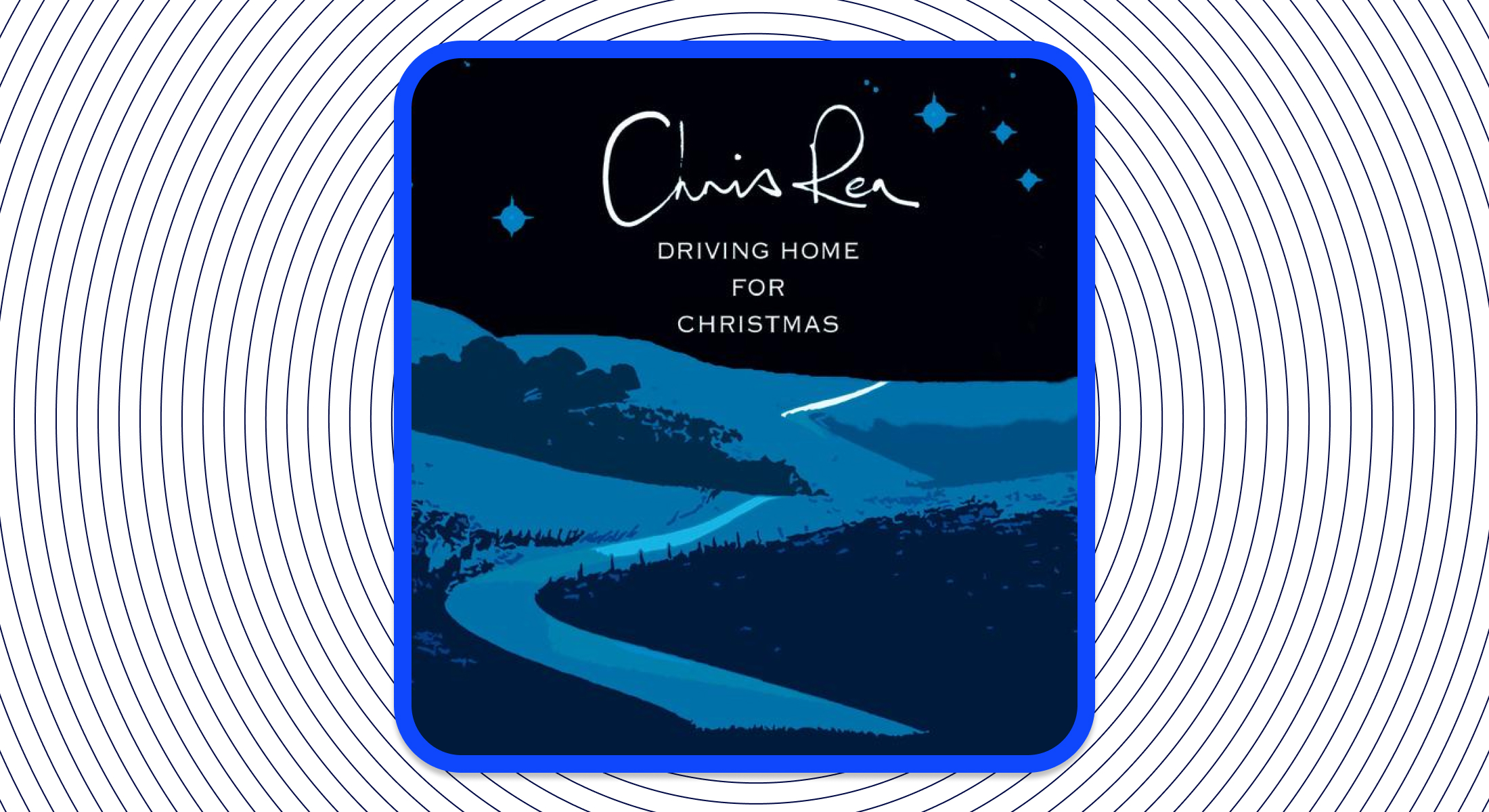
Creating a "common language" for music data
By adopting the DDEX standard for data exchange of metadata, Gramo wants to ensure that payments to rights holders are made faster, more accurately and with full transparency.
-"Standardization of data formats and quality of metadata may sound a bit dry and boring, but it is absolutely essential for us as a collective management organization and for rights holders at home and abroad," says Kim Skarning Andersen, CEO of Gramo.
Gramo works actively with DDEX, among other things by implementing RDx (Recording Industry Data Exchange) which is a dedicated hub for data exchange between record companies and collective management organizations in the world, based on DDEX.
A standard for data exchange
Digital Data Exchange (DDEX) is an international non-profit organization that develops standards for exchanging digital information such as messages, file formats, business transactions and communication protocols. Simply put, a common data language that everyone can read and understand.
-"As with all standards, it's about increasing efficiency and reducing costs," says Mark Isherwood, representing DDEX.
- When iTunes arrived in 2003, the entire industry was using different formats for exchanging data. It was very inefficient. Everyone had to deal with a number of different formats, so what we did at DDEX was to reduce this down to a standard format, so it's less costly and more efficient. The data flows more easily.

A hodgepodge of formats
The relevance for Gramo is not least to secure better information about which rights holders are entitled to royalties from them. This requires data from a long and complex value chain.
-We need to have information all the way from the music studio to the music users. When was the recording made? In which country? Which record company owns the master rights? Who is the producer? Which artists and performers are involved? This is information that should be shared globally, both inside and outside the music industry, including us at Gramo. Today, this data is shared in different formats, and it doesn't take many wrong keystrokes to cause errors in the content or make the data uninterpretable. DDEX is trying to standardize this, so that the data sent out can be received and exchanged without having to manually correct it," says Andersen.
Secures Norwegian licensees
Isherwood believes this makes information about Norwegian recordings more accessible to players around the world.
-If, for example, a Japanese actor, a radio station or similar, identifies the use of a Norwegian recording, they can easily ensure that the money is returned to the correct rights holders. This probably doesn't happen very efficiently today. But when all the systems speak the same language, it will be easy. And in the long term, it will increase efficiency, reduce costs and hopefully also increase profits," he says.

Less vulnerable to human error
More than 1 million different recordings are registered in Gramo's core system, and there are more than 50,000 small and large changes in rights data every year. This means that a lot of resources are spent on loading, registering and, not least, quality assuring data in the systems. Andersen believes that the use of DDEX throughout the value chain will streamline this work.
- If the enormous amount of data that we process every year is available in a common system with a common "language", it will be easier to process data and identify errors and omissions. For example, both Gramo and the National Archives have large databases of Norwegian music repertoire, which are maintained and updated on their respective sides. Through the use of DDEX, we will be able to exchange and distribute this data between us and not least with other players in both Norway and the rest of the world," says Andersen.
An international industry standard
Since its inception in 2006, DDEX has largely become an industry standard and is now used by key players such as Spotify, Google, Apple, Universal, Sony and Warner. Now Gramo is also on this list.
According to Andersen, DDEX is not just about efficient data exchange and quality. It's also about complying with transparency requirements:
- Both rights holders and public authorities must be able to control and monitor the work we do at Gramo. This means that we must be able to provide full access to the data we have registered and the data we have used as a basis for the remuneration we pay.

Other current affairs

The sound of Christmas on the radio
Christmas is the sound of music – from classic tunes that immediately evoke Christmas associations, to songs that aren’t really about Christmas but have become constant companions in December. Some songs paint pictures of snow, stars and the holiday season, while others simply have that vibe that makes them favorites year after year.
Read more
The sound of Christmas on the radio

TONO and Gramo coordinate rights management for background music
Over 16,000 Norwegian businesses will have a simpler everyday life when TONO and Gramo coordinate their services within background music. All businesses and organizations that use recorded music in public places will, from September 1, receive all services in one place, and a joint invoice from both organizations from January 1, 2026.
Read more
TONO and Gramo coordinate rights management for background music

Gramo 2024: Technological boost and record payments to licensees
Gramo has had a busy year with technological innovation, strengthened management and increased payments to rights holders. The 2024 annual report shows that Gramo's work contributes to a fairer and more efficient value chain for recorded music – to the benefit of performers, producers and music users alike.
Read more







